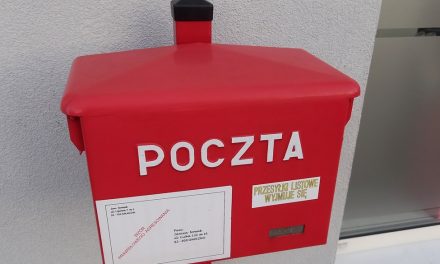
Regulator to Address Concerns About Deutsche Post Pricing
Germany’s Regulatory Agency for Telecommunication and Posts (RTP) plans to introduce a new price-capping procedure to address concerns about the pricing policy of postal services group Deutsche Post AG, Handelsblatt has learned.
RTP vice-president Gerhard Harms said the details of the procedure, the conditions that must be followed, will be decided shortly. The approval for current prices runs out at the end of 2002.
Observers fear that the partially privatized Deutsche Post will maximize the profits from the area in which it enjoys a virtual monopoly – the delivery of letters weighing up to 100 grams – and use the proceeds to subsidize dumping prices aimed at edging out competition in non-monopoly areas such as parcel services. Deutsche Post’s rivals already see its letter monopoly as a tool that it uses unfairly to subsidize its parcel business, particularly in the U.S., where it operates through its majority-owned DHL International Ltd.
Harms was unwilling to comment on speculation that the RTP would impose cuts in the price of postage for letters weighing up to 100 grams. But statements recently made by Economics Minister Werner Müller have been interpreted as suggesting that a price cut will be imposed in the order of DM0.10 (or 5 euro cents), bringing the price of a standard postage stamp to DM1 (or 0.50 euro).
A price cut of this magnitude would cut Deutsche Post’s sales revenue on its letter deliveries by around 1 billion euros from the current level of 1 billion euros. The company itself sees no room for price cuts. But under the new price-capping procedure, any prices it does intend to charge will be subject to approval by the regulator.
The German government last April agreed to extend Deutsche Post’s letter monopoly to 2007 from the original deadline of 2002. According to Harms, this decision caused widespread disillusionment among companies who had been banking on full market liberalization from the end of this year.
Last year, some 134 privately owned companies providing logistics and letter- and parcel-post services abandoned the market, he said. In all, the number of companies that have left the market since competition was introduced stands at 221.
The postal services market generated total revenue of around 22 billion euros last year. Deutsche Post itself accounted for 66% of that sum.
The market for letters weighing up to 100 grams has been opened up to limited competition, in that companies providing a value-added service such as same-day delivery can extend it to this category of letter. But still Deutsche Post accounted for 98% of the total revenue of 11 billion euros generated in this area last year.












